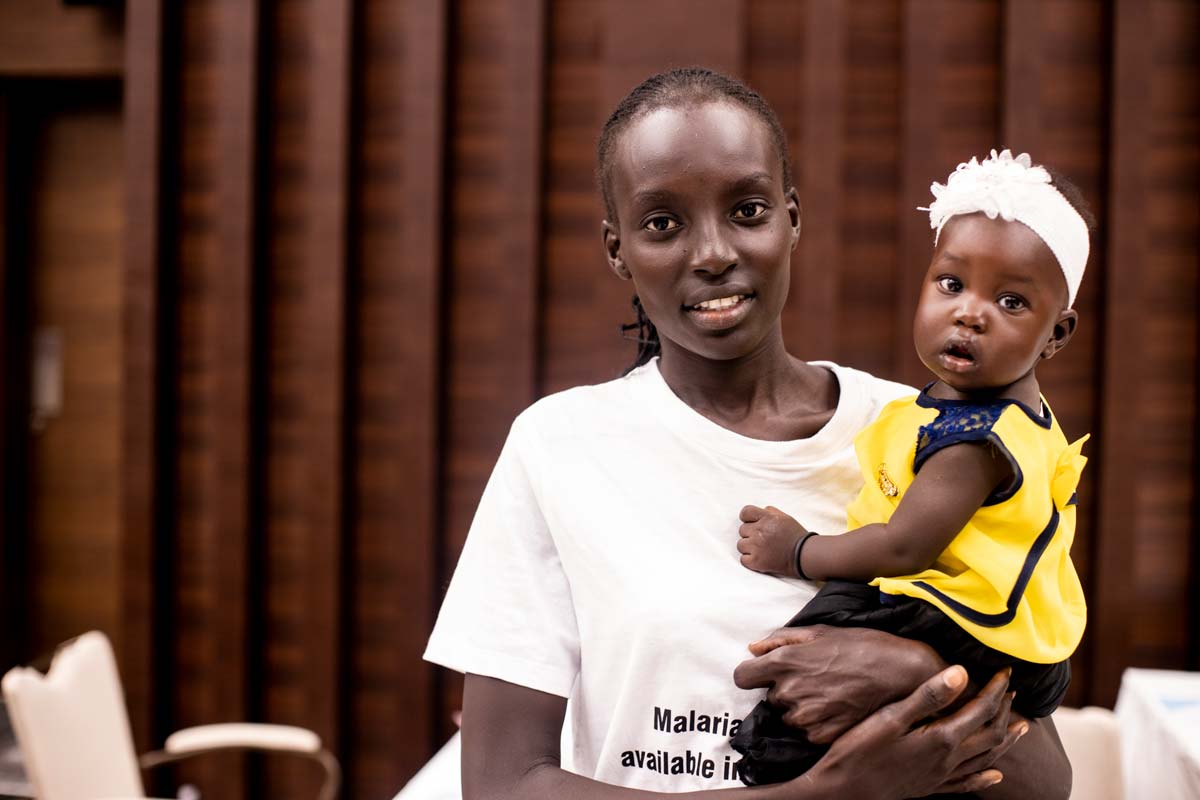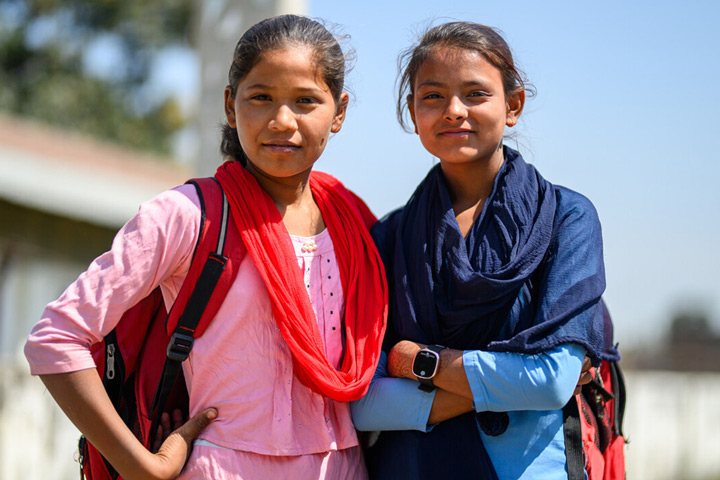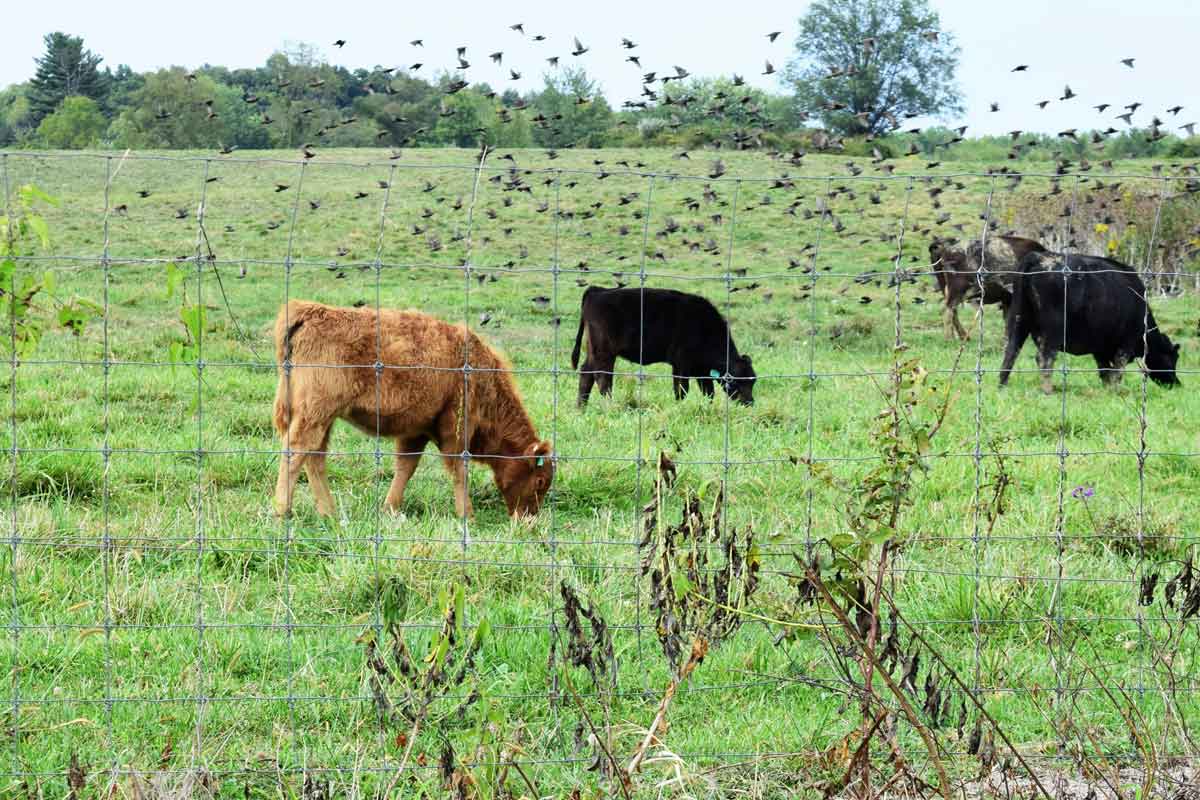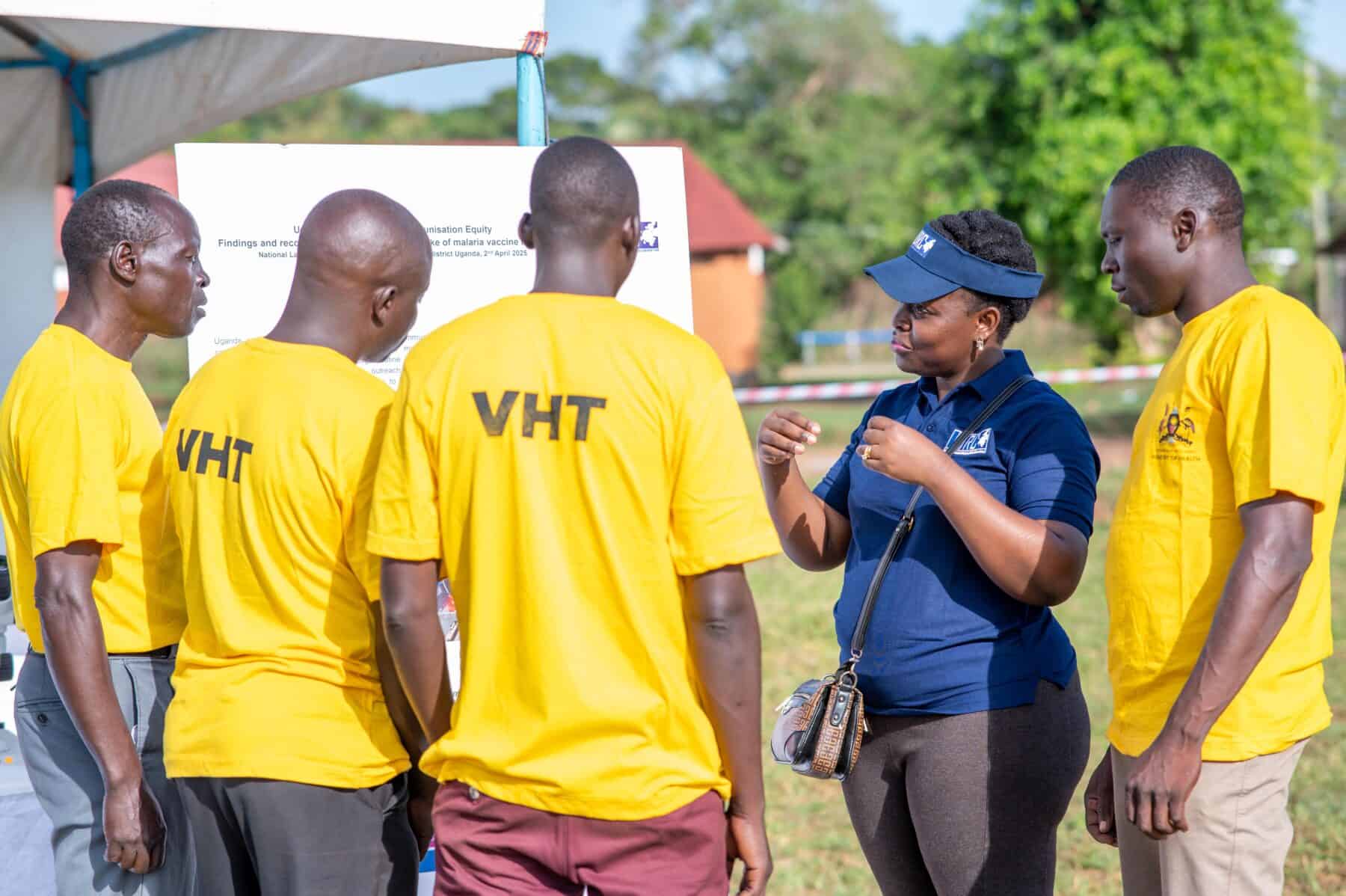Vaccination against shingles may cut dementia risk
Getting the shingles vaccine could cut dementia risk by 20%, ‘natural experiment’ suggests.
- 7 April 2025
- 3 min read
- by Priya Joi

Vaccination against the painful, blistering rash caused by the varicella zoster virus could significantly reduce the risk of dementia in older adults, one of the largest studies to date suggests.
An analysis of health records from more than 280,000 people in Wales, UK, found that people who received the vaccine were 20% less likely to develop the debilitating brain disease over the next seven years, than those who hadn’t been vaccinated.
This “natural experiment” revealed that people vaccinated with Zostavax were significantly less likely to develop dementia over the next seven years.
A natural experiment
Shingles is triggered by the same virus that causes chickenpox in childhood. Once infected with it, the virus remains dormant in our nerve cells for life. However, in some people – particularly those with weakened immunity – the virus reactivates and triggers shingles.
The latest study findings stem from the introduction of a unique vaccination policy in Wales, which accidentally mimicked the conditions of a clinical trial and enabled researchers to compare dementia rates among people who received the Zostavax vaccine and those who narrowly missed out. In 2013, the vaccine was offered to people aged 79 but not to those who had just turned 80, due to logistical constraints.
This “natural experiment” revealed that people vaccinated with Zostavax were significantly less likely to develop dementia over the next seven years. The study, published in Nature, also suggested that the protective effect was slightly stronger in women than in men.
Although the exact mechanism for this protective effect hasn’t yet been pinned down, the researchers believe that preventing shingles may reduce inflammation in the brain – a process linked to cognitive decline – or stop viral reactivation from contributing to harmful changes in the brain.
Have you read?
Brain protection
The Zostavax vaccine has been phased out in many countries, following the introduction of the newer Shingrix vaccine in 2017. Shingrix provides longer-lasting protection and has been shown to prevent shingles in up to 97% of adults aged 50–69.
Last year, a separate study published in Nature Medicine suggested that Shingrix might offer even greater protection against dementia than Zostavax.
That research found up to a 23% reduction in dementia risk among people vaccinated with Shingrix compared to those who received Zostavax.
In 2021, according to the World Health Organization, 57 million people had dementia worldwide, over 60% of whom live in low-and middle-income countries.
Such findings are particularly significant given the lack of effective treatments for cognitive decline.
Dementia is a major health threat, that is growing fast. In 2021, according to the World Health Organization, 57 million people had dementia worldwide, over 60% of whom live in low-and middle-income countries. Every year, there are nearly 10 million new cases.
In the paper, the authors conclude: “Our substantial effect sizes, combined with the relatively low cost of the zoster vaccine, imply that, if these findings are truly causal, the zoster vaccine will be both far more effective as well as cost-effective in preventing or delaying dementia than existing pharmaceutical interventions.”






